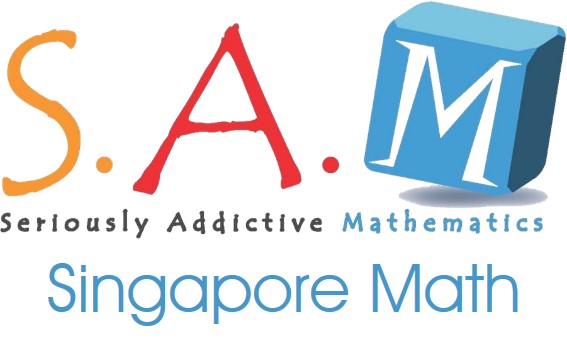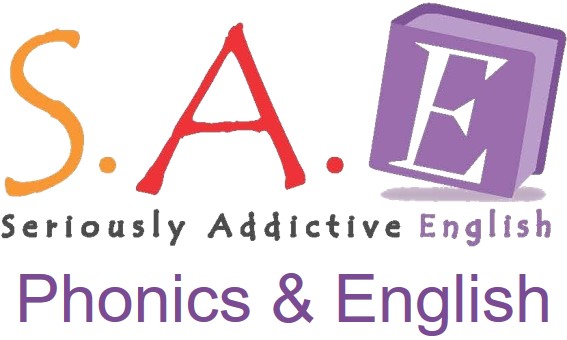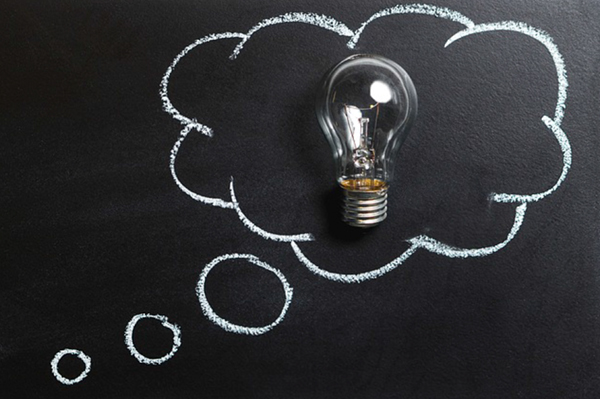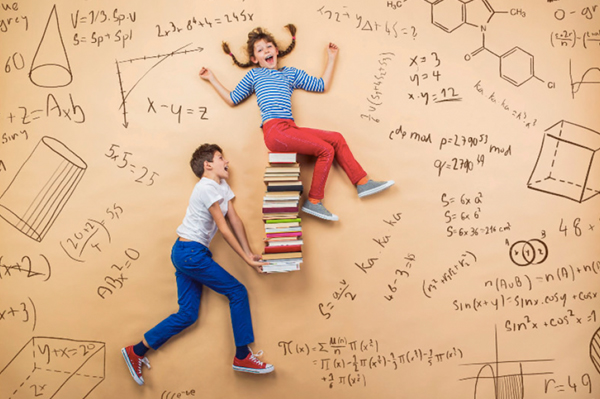Intelligence quotient, or IQ for short, is the relationship between a person’s potential and the statistical normal of all possible results. How is IQ measured? They are tested based on a person’s concrete and abstract reasoning in subject ways, based on age and development norms.
It usually consists of a number of tasks measuring various measures of intelligence. These include short-term memory, analytical thinking, mathematical ability and spatial recognition. However, the purpose of an IQ test is not an attempt to measure the amount of information one has learned, but rather it attempts to measure their capacity to learn.
Not fixed at birth
IQ was initially considered to be genetic and fixed. However, a study at Michigan University revealed that at least one aspect of IQ measure can be improved. The researchers found that fluid intelligence, which is the ability to solve abstract problems without depending on previous knowledge, skills or experience, can be improved with specific and targeted training of working memory.

Understanding and dealing with a wide variety of abstract relationships between concepts, objects and things in our environment – also referred to as relational skill – is necessary for children and adults to function and perform at school, at work and in our daily lives. In academics, relational skills are necessary for math and language skills to emerge. The concept of more than or less than is one example of relational skill needed to understand mathematics.
How can we help our children have better relational skills?
Doing math will help because it develops their ability to notice relationships between numbers. A strong co-relation has also been found between a child’s relational skills and IQ scores. Through math practice, your child not only sharpens their relational skills, they also sharpen their own learning process and capacity to learn.
Building up on intelligence and IQ
A study by Stanford University School of Medicine found that personalised-tutoring, coupled with arithmetic practice helped children to remember better. The findings also suggest that when children are able to solve basic arithmetic problems from memory, their brain is more prepared to tackle more complex questions. So how can we ensure that our children start off with the right foundation?
Find an approach that combines the benefits of personalised training with the discipline of self-learning and self-discovery; an approach that is designed to introduce new concepts in incremental steps to make learning math easier.

However, practice alone is not enough, and practice with little understanding of the concepts can be ineffective. It is the brain storming process; the understanding of concepts, problem solving, critical thinking and logical reasoning, on top of personalised training and practice that deepens and improves their understanding.
Are these processes fostered in your child? Are they engaged in dialogue and encouraged to exercise problem solving, critical thinking and logical reasoning?
If your child has a low or average IQ score, don’t be disheartened.
It does not mean the scores will remain the same. It simply means there is potential for them to do better. Because intelligence and IQ can be improved. All you need is to exercise your brain.
And early exposure to math can go a long way.





